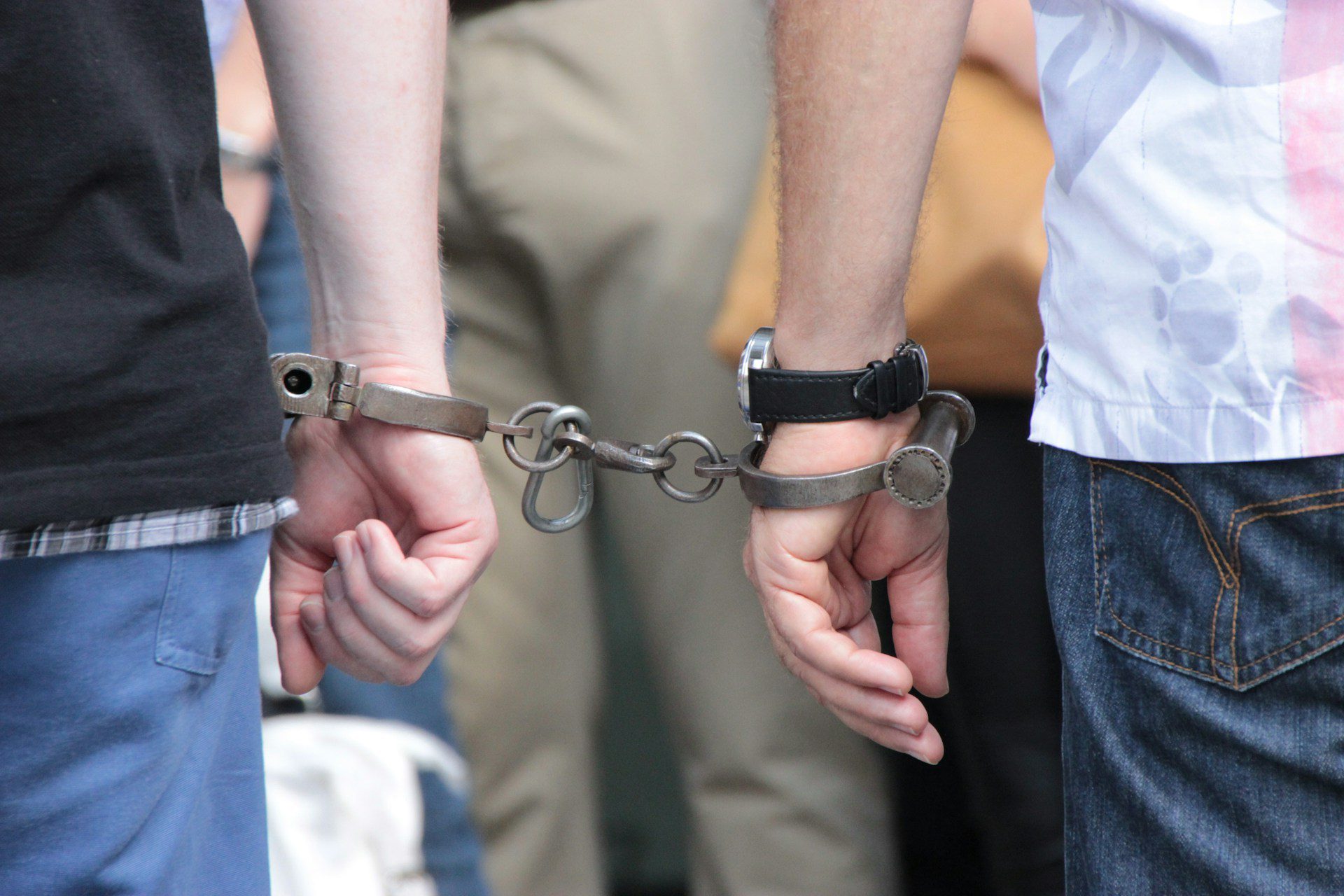
Voters in 5 states to decide in November whether to abolish forced prison labor
In his 10 years behind bars, Dorsey Nunn says he was an inmate and a slave because he was forced to work for little to no money.
At 19 years old, Nunn was sent to a California prison and released in 1982 at the age of 31. “My situation would have been considered a serious crime. But regardless of how serious or how minor the crime is — I don’t think that the state should have the ability to impose slavery,” Nunn told Yahoo News. “What would justify the use of slavery in a country that was predicated upon snatching Africans and bringing them here [to America] and enslaving them?”
The involuntary servitude Nunn experienced is not uncommon. There are over 1.2 million people incarcerated in state and federal prisons in America, and roughly 2 in 3 of them are forced to work, according to the American Civil Liberties Union.
In 1865, following the Civil War, the 13th Amendment abolished slavery in the United States, but it included an exception that allows slavery to be used as punishment for a crime. The amendment states, “Neither slavery nor involuntary servitude, except as a punishment for crime whereof the party shall have been duly convicted, shall exist within the United States, or any place subject to their jurisdiction.”
Prison reform advocates believe that the use of forced labor as punishment for inmates is rooted in antebellum slavery.
“We know from speaking with formerly imprisoned persons that prisoners can be denied calls from their family, they may be sent to solitary and they may even be denied parole for refusing to work,” said Krysta Bisnauth, senior advocacy officer at Freedom United.
So far three states have removed the exception from the 13th Amendment in their state constitutions. “In 2018, Colorado became the first state since Rhode Island, which was the only state to fully abolish slavery prior to the 13th Amendment. And then Utah and Nebraska, followed in 2020,” Bisnauth explained.
Five states — Alabama, Louisiana, Oregon, Tennessee, and Vermont — will vote in the November midterm elections on whether or not to remove the punishment clause from their state constitutions, but prison reform advocates are focusing on action at the federal level.
